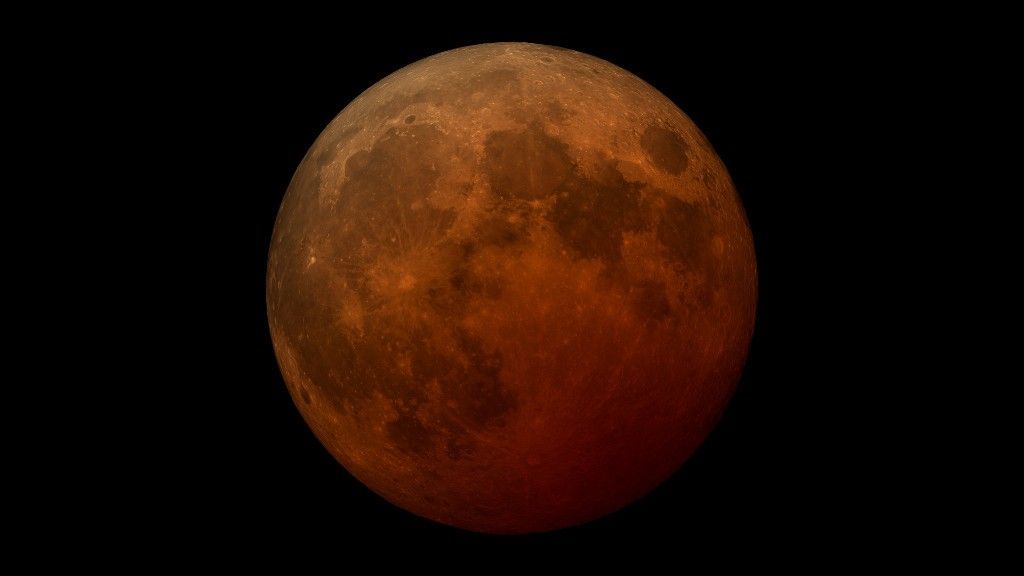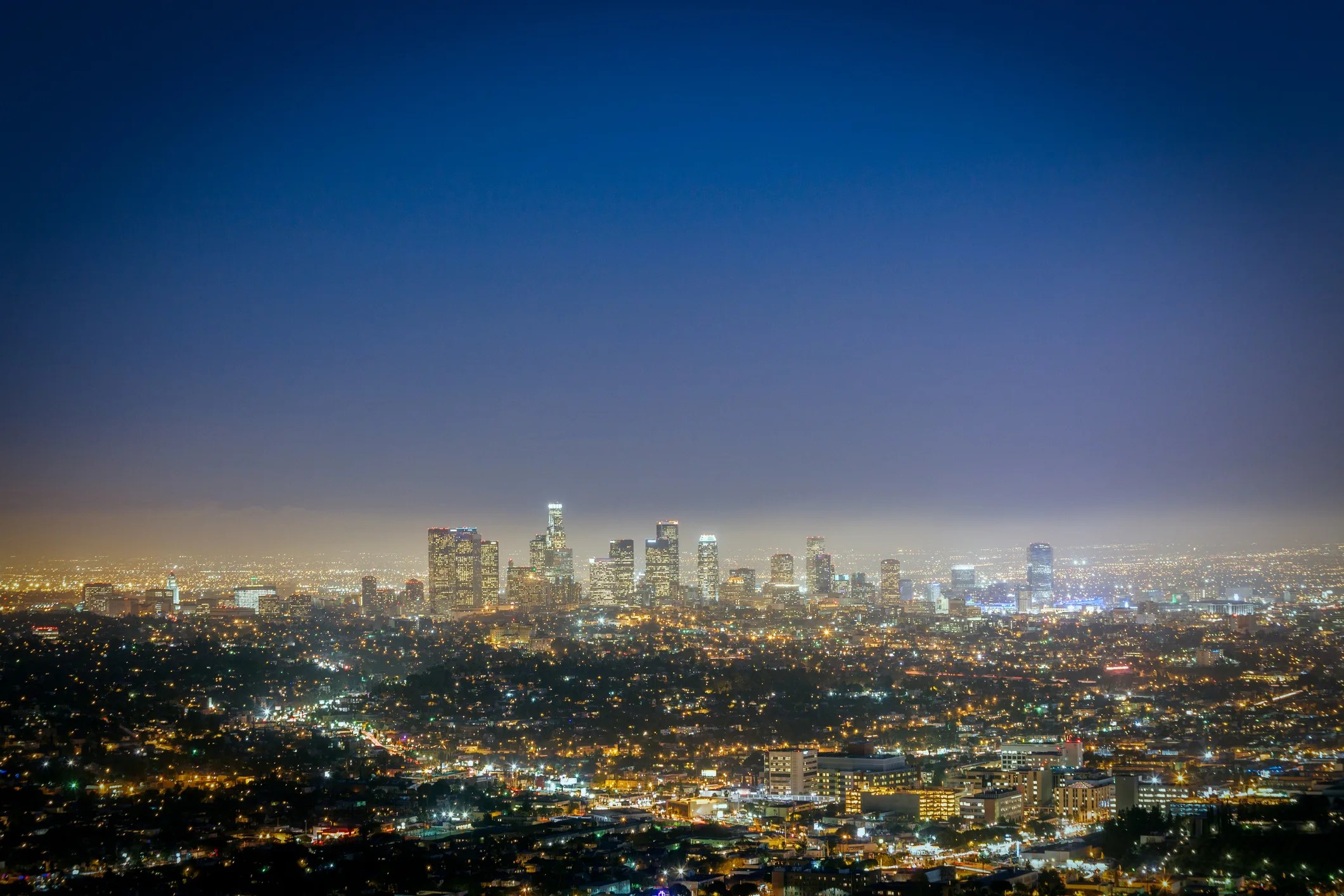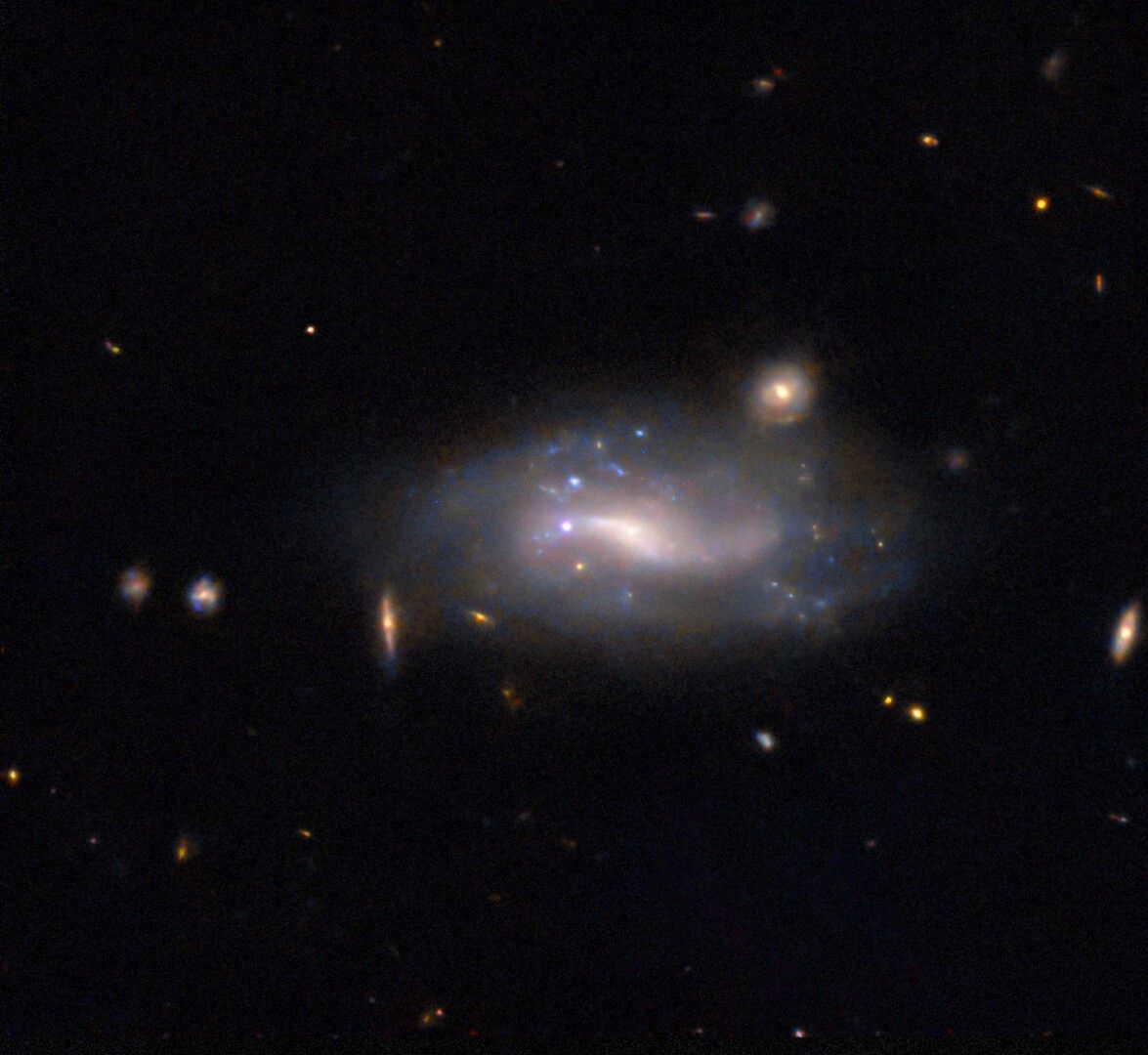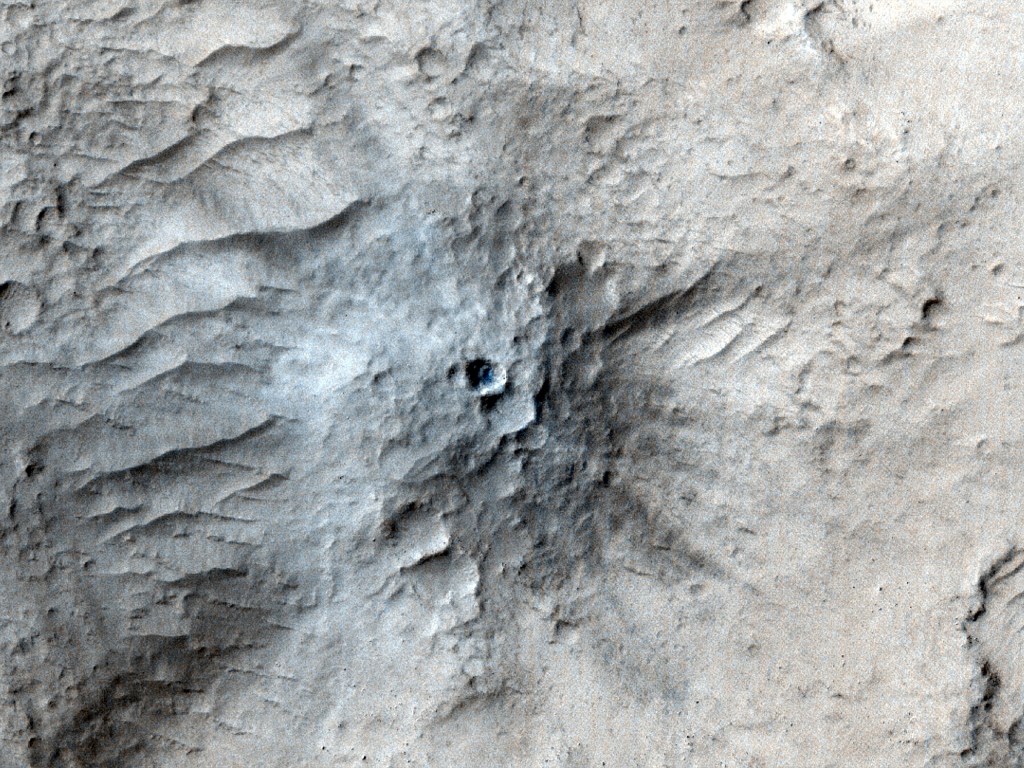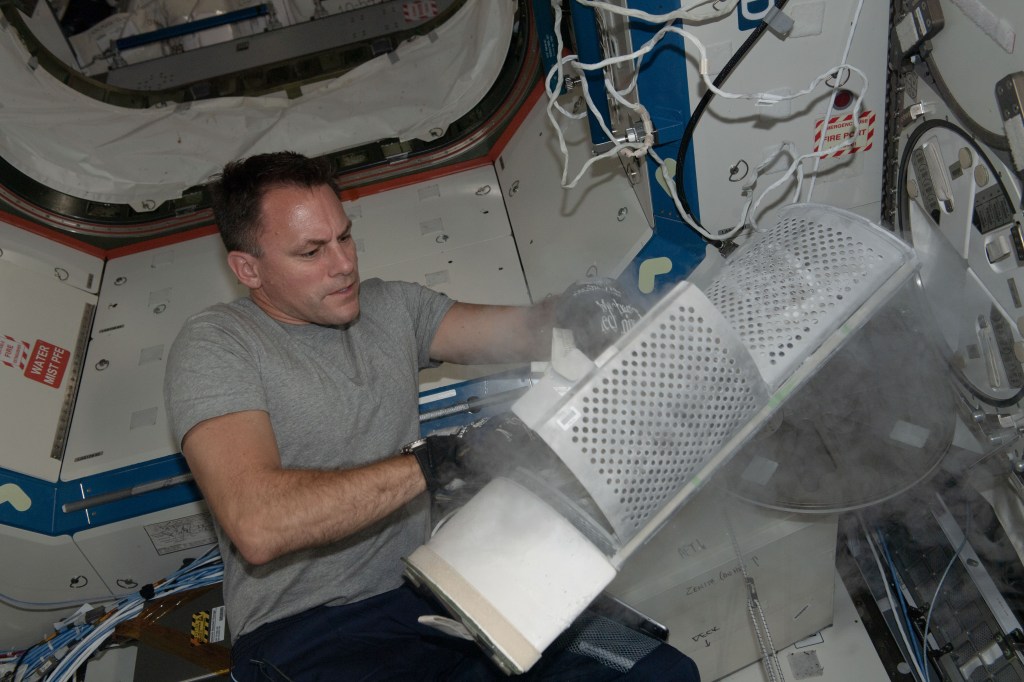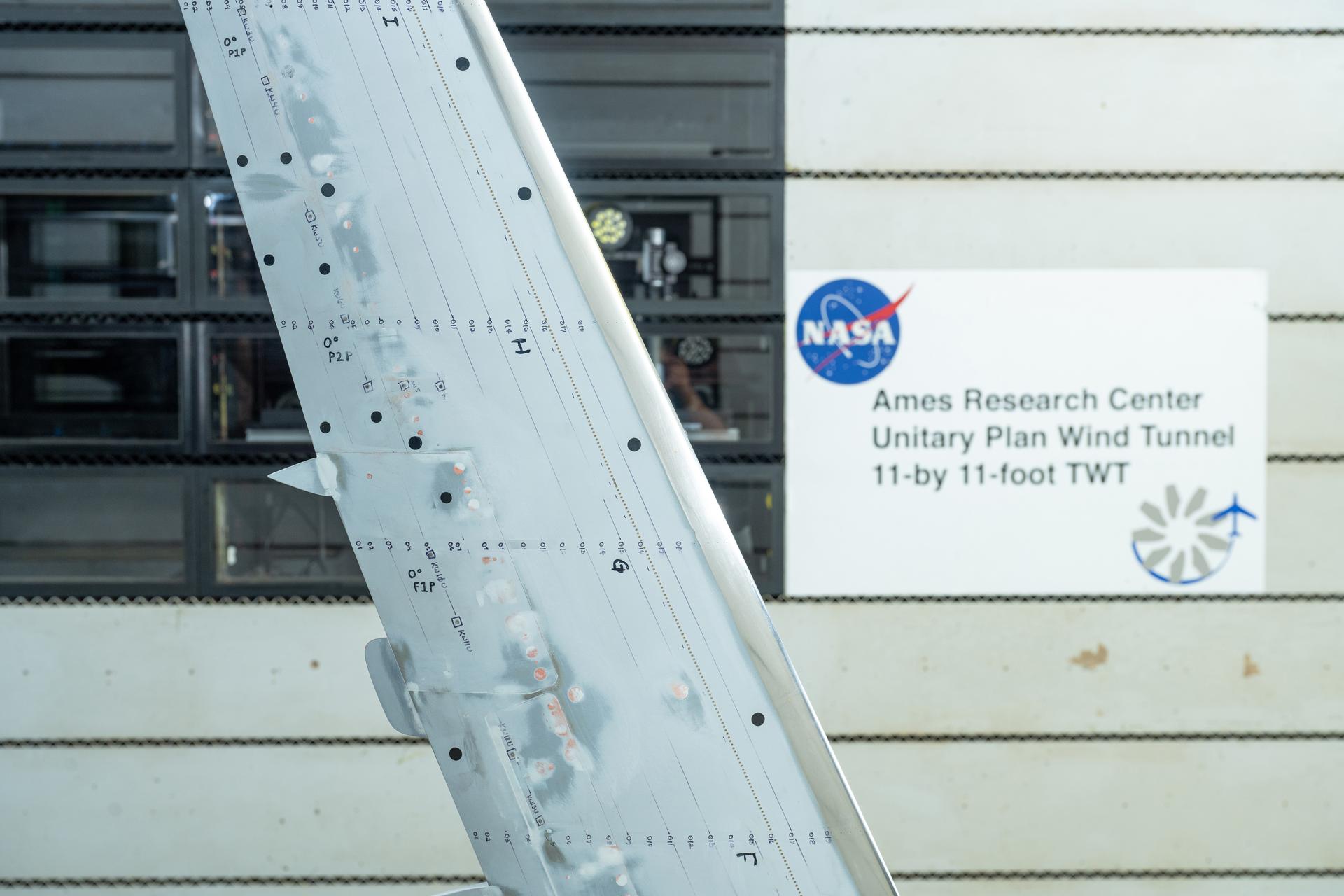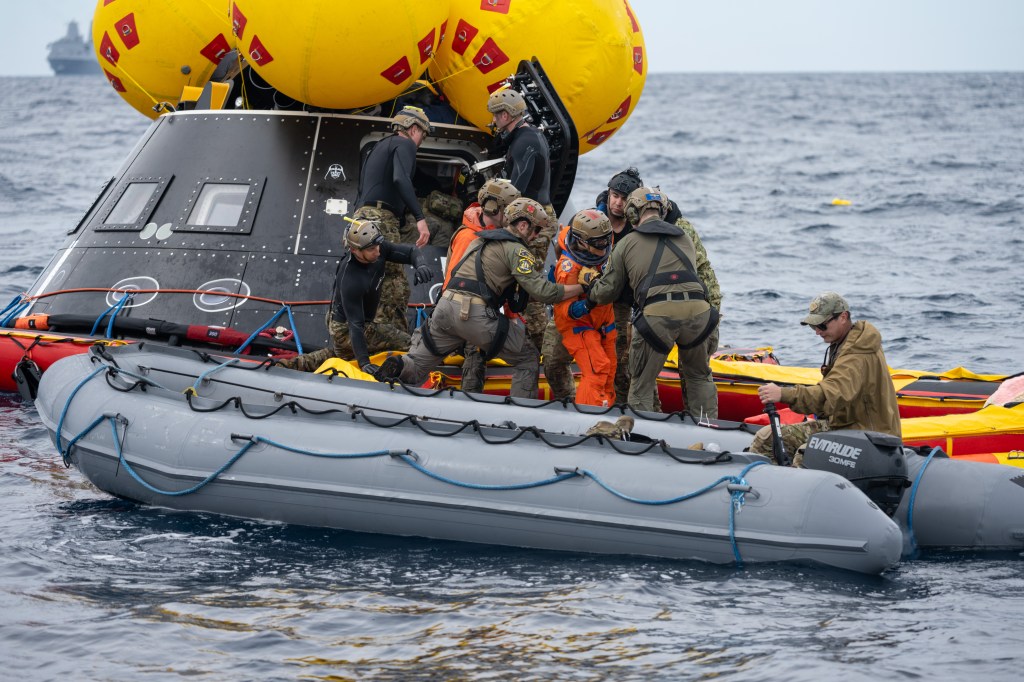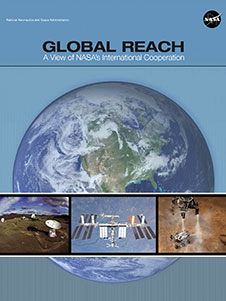When the National Aeronautics and Space Administration (NASA) was created in 1958, its founding legislation—the National Aeronautics and Space Act—directed the new Agency to pursue cooperation “with other nations and groups of nations.” This principle of international cooperation has been a guiding philosophy for NASA, and it has never been more important than it is today. Such collaboration will be essential to addressing the inherently global and interrelated scientific challenges that will face us in the years ahead: expanding human exploration beyond the frontiers of low-Earth orbit; broadening human knowledge by answering profound questions about the Earth and the universe we live in; solving technical issues related to air traffic management, aviation safety, and the impact of aviation on climate and the environment; and leveraging technology investments to push the boundaries of innovation.
Through the pages of this publication, learn more about NASA’s continuing international partnerships. These examples will provide you with a sense of the breadth of NASA’s cooperation with other nations, as well as the accompanying benefits that such cooperation has always yielded.
› Kindle readers: MOBI [6 MB]
› All other eBook readers: EPUB [30.1 MB]
› Fixed layout: PDF [11.4 MB]
Editor: Dylan Steele

